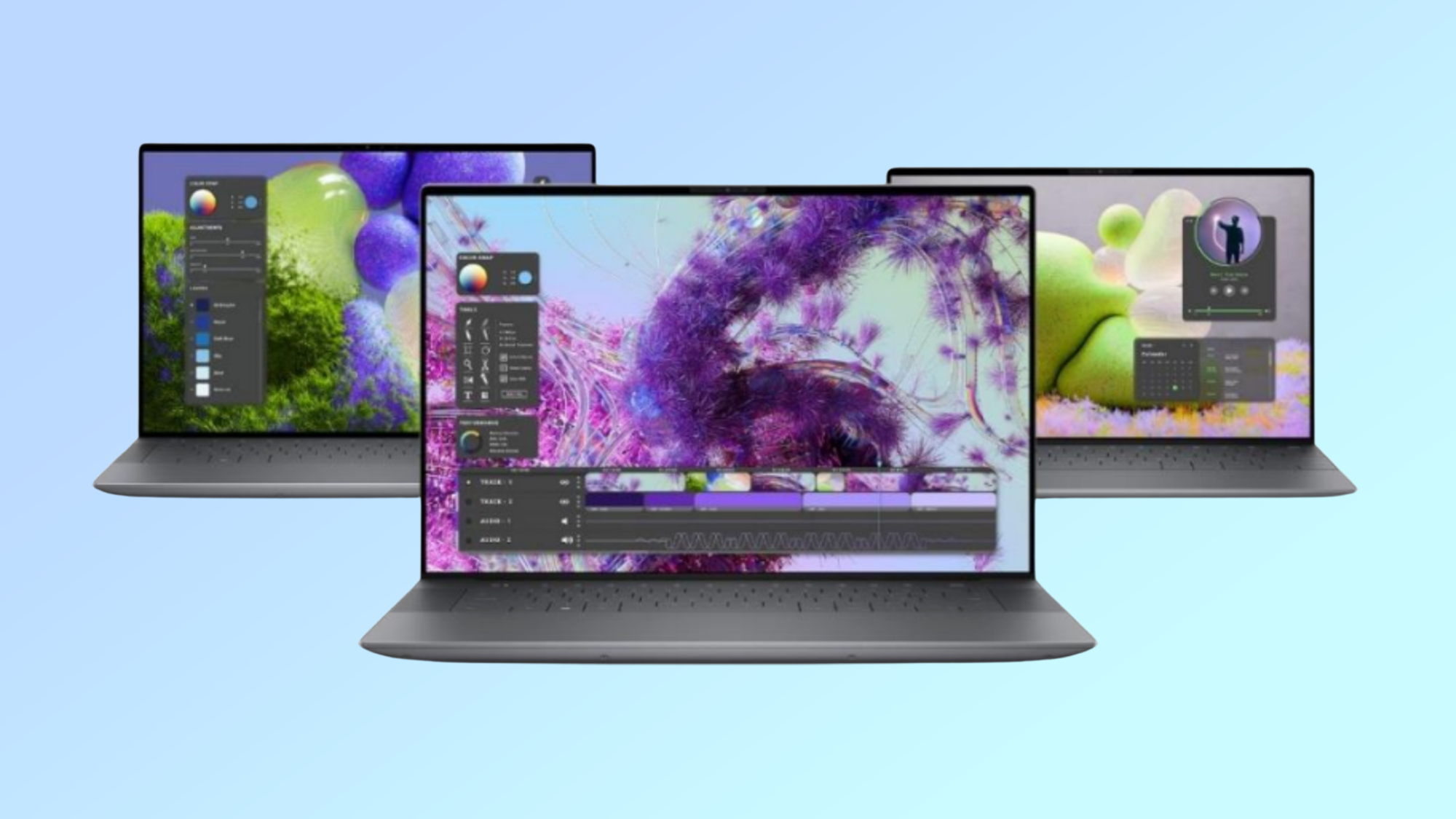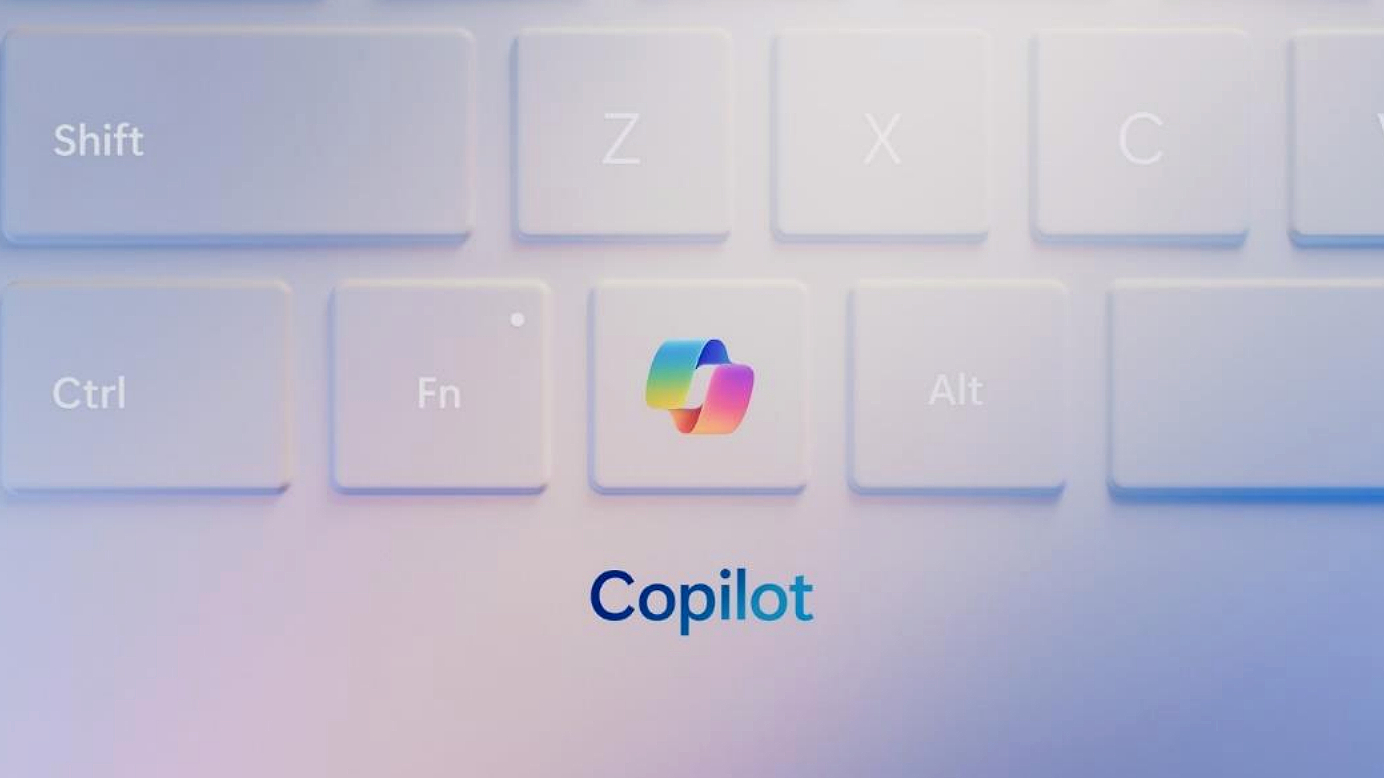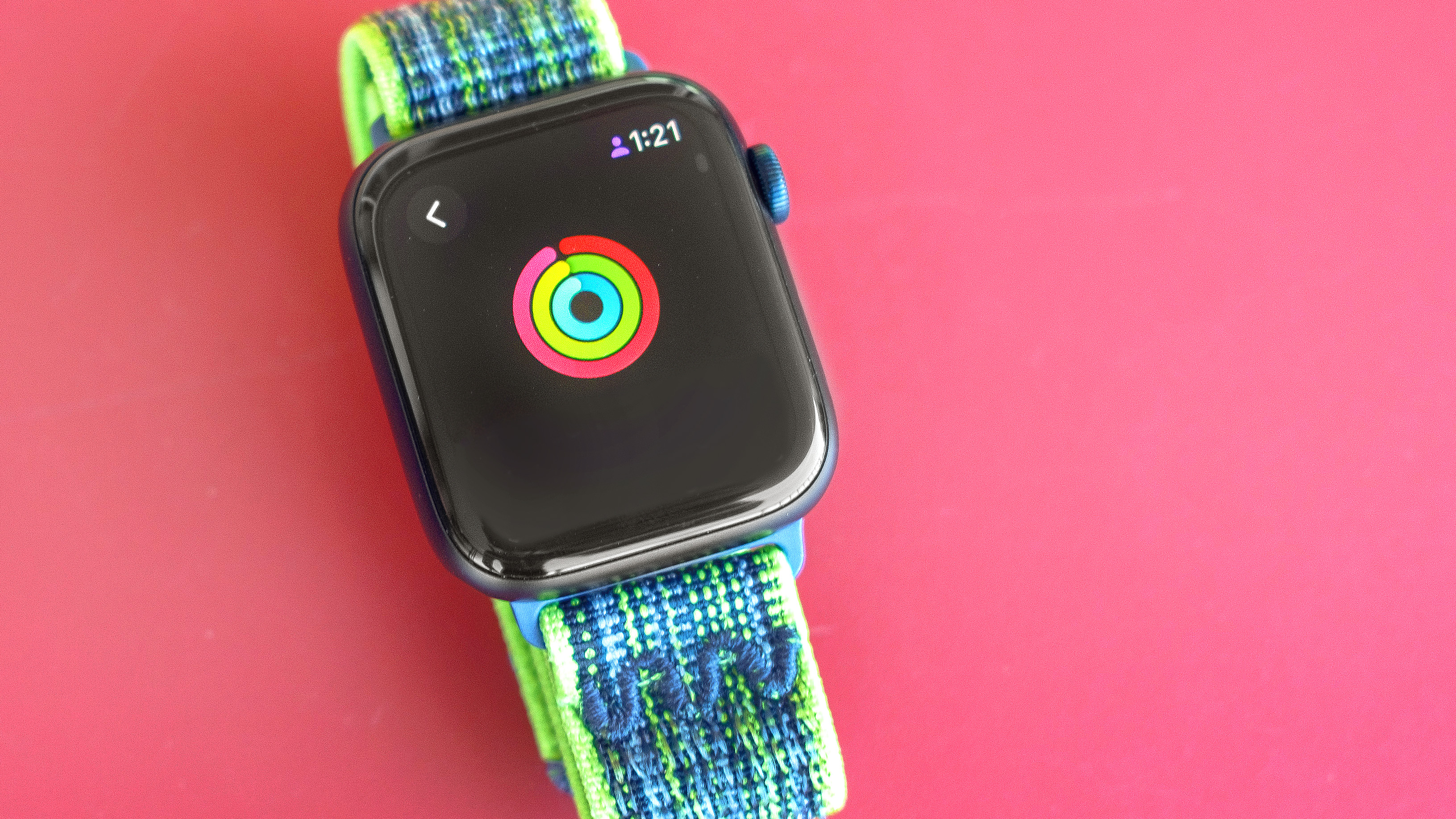Dell announces new XPS 13, XPS 14 and XPS 16 with Core Ultra power and controversial design
Building on last year’s XPS 13 Plus for CES 2024

Dell is revamping and expanding its XPS linuep based on the Dell XPS 13 Plus released last year. Featuring a new simplified design, there will be 13, 14 and 16-inch models.
The three laptops all include machined aluminum chassis, Gorilla Glass screens and AI acceleration built into the device thanks to the new generation of Intel Core Ultra processors with built-in NPUs. But they also all ditch the physical function row like the XPS 13, as well as a physical touchpad. The invisible glass trackpad doesn't have any lines or indents to indicate its presence, which looks sleek but can be confusing to users.
The new XPS lineup for 2024 is expected to be available in the first quarter of this year starting at $1,299 for the 13-inch model, $1,699 for the 14-inch version and $1,899 for the XPS 16.
What does the Dell XPS lineup look like?
Dell has a history of using its XPS range to take risks and try different design approaches. The XPS 13 Plus set enough of a strong tone that the company incorporated it across the lineup.
They take a more minimalistic approach to laptop design including a tone-on-tone color profile for the chassis that is available in Graphite or Platinium.
Each of the versions include a touch function row that allows you to switch between media and function keys, a glass touchpad with haptic feedback and larger keycaps.
In his review of the XPS 16, my colleague Tony Polanco described it as feeling both lightweight and premium. It also has a smooth texture and a rigid but flexible lid.
Sign up to get the BEST of Tom's Guide direct to your inbox.
Get instant access to breaking news, the hottest reviews, great deals and helpful tips.
Dell XPS laptops 2024: Displays and sound
Dell says each of the laptops also comes with an InfinityEdge display and an optional OLED touchscreen version. They have variable refresh rates and Dolby Vision for a richer experience.
In terms of sound, the new portfolio includes a quad-speaker design with support for Dolby Atmos immersive audio and 3D stereo surround sound.
Each of the laptops will include the choice of upgrading to an NVIDIA GPU with the XPS 16 offering the RTX 4070 in its most expensive configuration.
What is an AI-powered laptop?

With Microsoft pushing its AI assistant Copilot heavily — even adding a Copilot key to Windows keyboards — it is no surprise Dell would highlight the AI features of the new XPS range.
They all come with the new generation of Intel Core Ultra processors that include a Neural Processing Unit (NPU) for handling complex machine learning tasks. This will allow it to run more immersive tasks from Copilot on the device without sending data to the cloud.
The top-end XPS 16 boasts 80W of sustained performance, which is necessary if you want to edit 4K videos, play AAA games or test the latest AI models.
Dell says the laptops will also include ExpressCharge features allowing recharge to 80% of battery life in an hour. This will be across the full lineup.
More from Tom's Guide

Ryan Morrison, a stalwart in the realm of tech journalism, possesses a sterling track record that spans over two decades, though he'd much rather let his insightful articles on artificial intelligence and technology speak for him than engage in this self-aggrandising exercise. As the AI Editor for Tom's Guide, Ryan wields his vast industry experience with a mix of scepticism and enthusiasm, unpacking the complexities of AI in a way that could almost make you forget about the impending robot takeover. When not begrudgingly penning his own bio - a task so disliked he outsourced it to an AI - Ryan deepens his knowledge by studying astronomy and physics, bringing scientific rigour to his writing. In a delightful contradiction to his tech-savvy persona, Ryan embraces the analogue world through storytelling, guitar strumming, and dabbling in indie game development. Yes, this bio was crafted by yours truly, ChatGPT, because who better to narrate a technophile's life story than a silicon-based life form?
